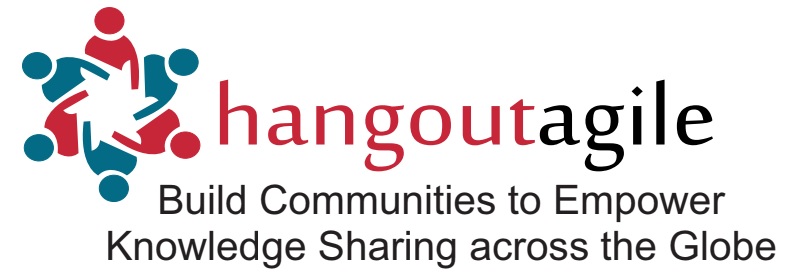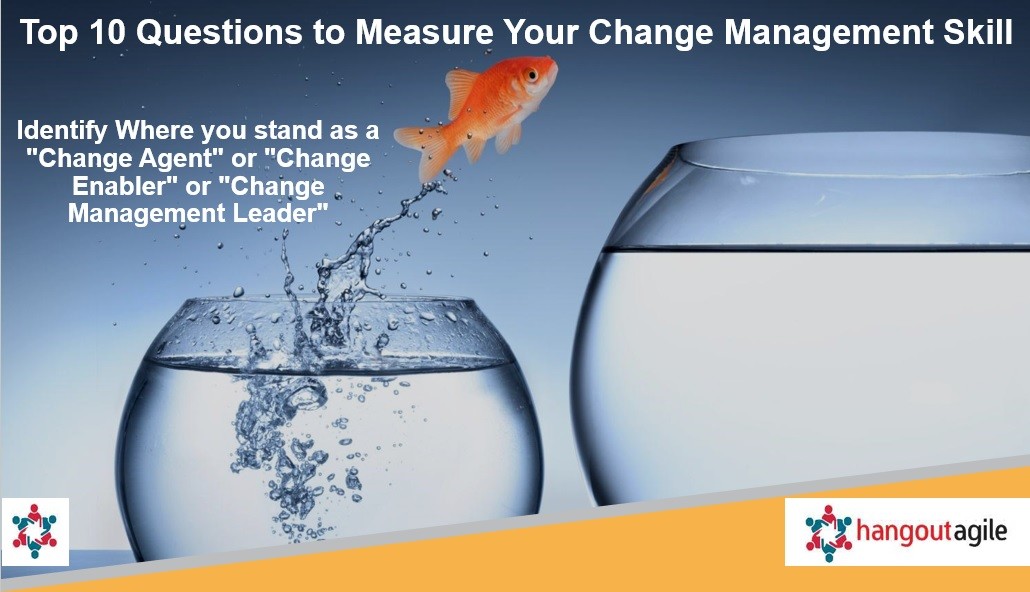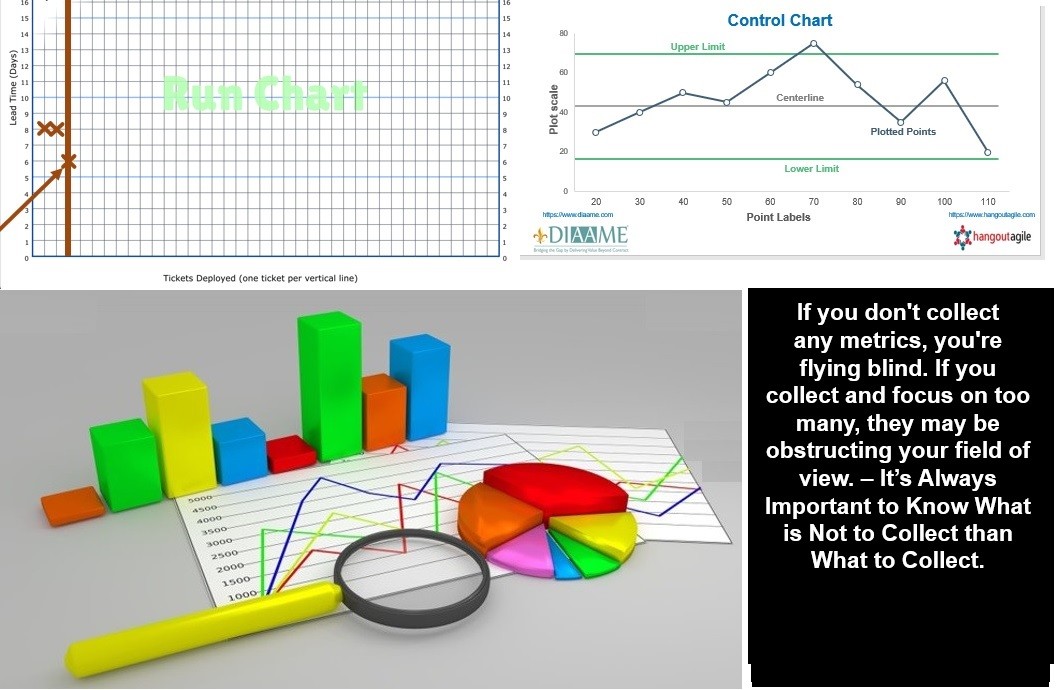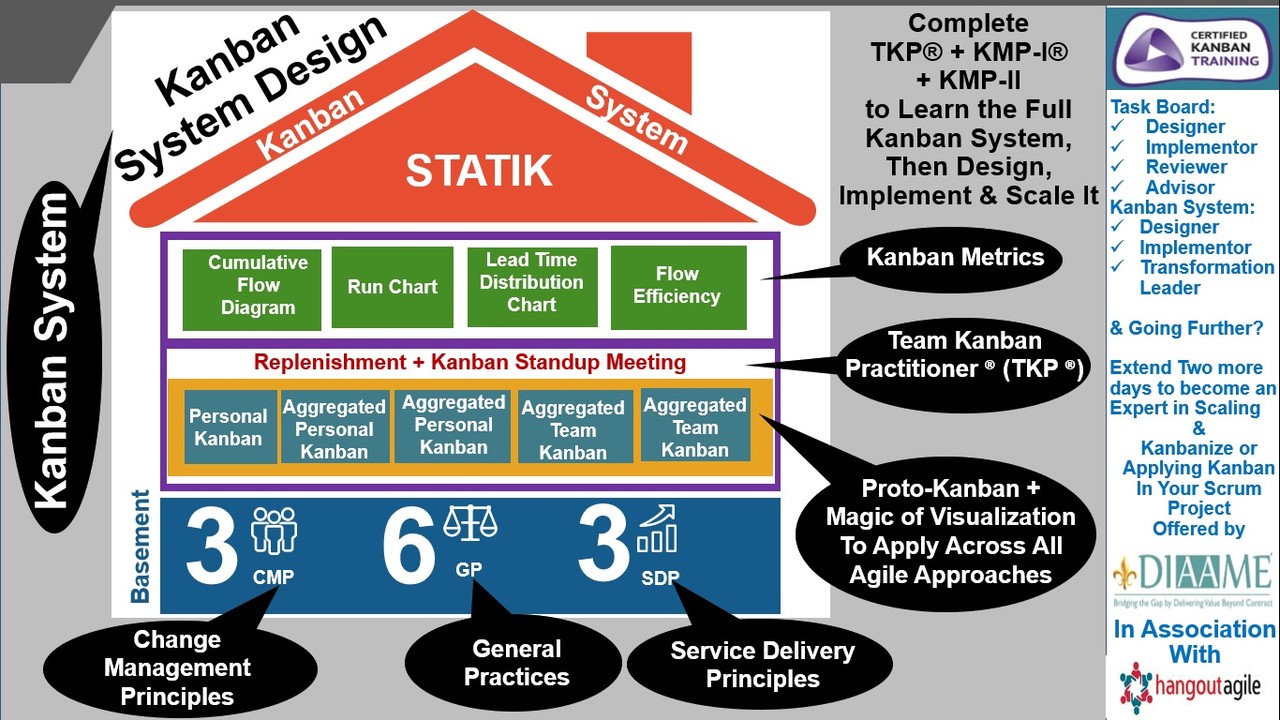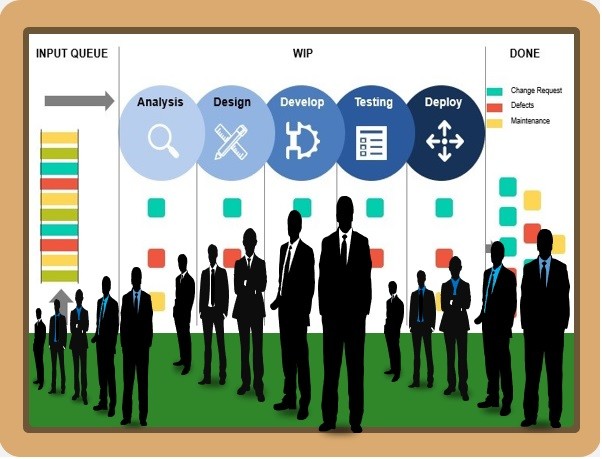||”Change is hard because people overestimate the value of what they have and underestimate the value of what they may gain by giving that up”||
Opening Thoughts
In My Opinion, today’s ever more competitive & challenging business environment, organizations need to change on a fairly constant basis to survive and to fulfill their mission. That’s true for all kinds of organizations-corporations, not-for-profit entities, and government agencies.
But Change – Whether it takes the form of a major restructuring, adoption of a new business process, or a modification of how a company measures performance is not easy. It can be scary for employees at all levels in the organization. It’s almost always disruptive. And it’s difficult to implement.
It’s one thing to say, “We need to win back customers by improving our service to them. ” It’s quite another to actually make those improvements.
Still Managing Change effectively is possible.
Let it be our Professional or Personal Life:
The Only Thing That Is Constant Is Change
Whenever we think of Improving any skills, The first step is to understand where we stand. I am sure that answering these questions can help you to Identify Where you stand as a “Change Agent” or “Change Enabler” or “Change Management Leader”.
Even though You know the answers of some of the below-listed questions, Please feel free to like and comment (Yes or Interested) this Article If you would like to receive the answers of any of the below questions as part of your Baseline Knowledge Assessment of “Change Management” Skill.
Question # – 1
Who should initiate organizational change?
a. The CEO.
b. Senior Executives one level below the CEO.
c. Managers at all levels in the organization.
Question # – 2
A merger or acquisition represents what type of change program?
a. Structural.
b. Cost Cutting.
c. Cultural.
Question # – 3
If your team isn’t primed for transition, how might you help it become change-ready?
a. Create Short Term Wins.
b. Develop a strong Change-Implementation Plan.
c. Encourage collaborative work in your team.
Question # – 4
What is the first step in leading a change initiative?
a. Create a vision of the better future that the change effort will deliver.
b. Define the business problem that the change is supposed to address.
c. Identify who will lead the change effort.
Question # – 5
True or False? During a change initiative, managers should focus their attention on generating near-term wins.
a. True.
b. False.
Question # – 6
Which of the following is a defining characteristic of an effective change implementation plan?
a. It has a very ambitious goal so people are challenged to improve performance.
b. It’s flexible and open to revision.
c. It’s created by a small group of highly experienced managers.
Question # – 7
What is the best way to communicate about a change program to employees?
a. Once a week during a staff meeting to emphasize face to face interaction.
b. Every other week by e-mail, to increase speed and reach of communication.
c. As often as necessary and through as many channels as possible to get the message across.
Question # – 8
True or False? It’s important to explain how people will be rewarded for carrying out a change initiative?
a. True
b. False
Question # – 9
An employee has expressed resistance to a change program you have proposed. What should be your first response?
a. Encourage him to express his thoughts and then listen to his responses.
b. Move him to a different group so he doesn’t sabotage the program.
c. Let him work through his feelings on his own, as people need him to adjust.
Question # – 10
Which of the following are examples of enabling structures?
a. Implementation Plans.
b. Training Programs.
c. Change Visions.
Closing thoughts:
I strongly believe that Change is the only consistent thing in life and each Change Transformation Journey includes Experiments & Learning. Isn’t it?
Similar to the above questions, We use many Tools & Techniques throughout or Change Management Sessions for Assessing Where You Stand, Defining the Next Milestone, Go Back to Assessments and the Cycle Continues based on the area that you specifically wanted to Improve Your Change Management Skills.
Even though You know the answers of some of the above-listed questions, Please feel free to like and comment (Yes or Interested) the Article, If you would like to receive the answers of any of the above questions as part of your Baseline Knowledge Assessment of Change Management Skill.
What we discussed above just the Tip of an Iceberg. Do you Know Kanban is also called Change Management Method? Any Change Transformation can be managed well Kanban Method. You would be able to learn plenty of tools & techniques to effectively manage any Change Transformation across the IT Industry when you complete the Certification Program Team Kanban Practitioner (TKP®) & KMP1 & KMP2 (Click here to Learn More)
Are You Curious to know the coverage of TKP®, KMP1® & KMP2®?
- Kanban Taskboard Implementation/Review (TKP®)
- Deep Learning of Visualization (TKP®)
- Choose/Suggest right board for Team following Scrum, Kanban, SCRUMBAN, SAFe or Any other Agile Approaches (TKP®)
- To become a Taskboard Implementer/Reviewer across the Scrum, Kanban, SCRUMBAN, SAFe or Any other Agile Approaches (TKP®)
- Visualization – Simulation (TKP®)
- Design & Implement a Project using Lean Principles, Kanban Method & Agile Practices (KMP-I®)
- Kanban Simulation Game (KMP-I®)
- Kanban Metrics (KMP-I®)
- System Thinking Approach to Implement Kanban (STATIK) (KMP-I®)
- Kanban Cadences (KMP-I® & KMP-II®)
- Kanbanize Any of the Projects/Program/Portfolio following Agile or Waterfall Method (KMP-I® & KMP-II®)
- System Thinking Approach to Implement Kanban (KMP-I® & KMP-II®)
- SCRUMBAN or Scrum to Kanban or Kanbanize Scrum Projects (KMP-II®)
- Scaling Kanban (KMP-II®)
- Apply/Using Kanban at Enterprise Level (KMP-II®)
Are you Playing the Role of a Scrum Master, Agile Coach, Product Owner, Product Manager, Project Manager, Program Manager, Delivery Manager, Leading or Work with the PMO Team etc.., but wanted to be more effective by doing faster delivery, maximize your’s & the Team’s Agility, Makes the delivery more predictable or Aspiring to become any one of the previously said Role WhatsApp to +91 702 538 1111 or Calling +91 914 802 6666 or write to nikhilmr@diaame.com, dileepav@diaame.com
!!! :-😊) HAPPY LEARNING -:😊) !!!
